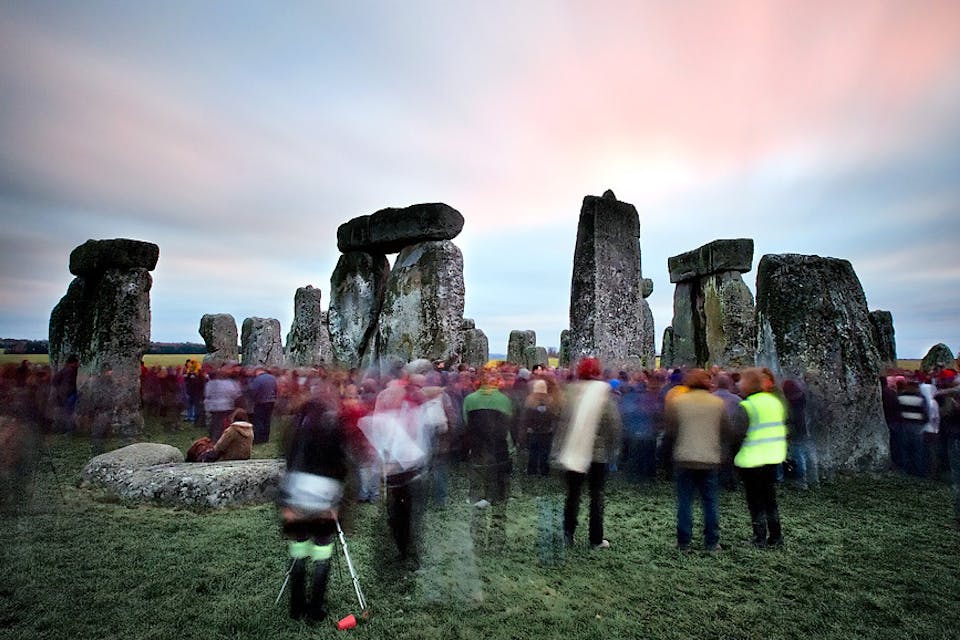
July 15, 2015
What’s so Bad about Paganism?
Even in our increasingly post-religious age, "pagan" remains for most people a derogatory word. Why?
Richard Samuelson writes about my recent column on the Hebrew term avodah zarah, “foreign worship”:
Your discussion [of rabbinic laws concerning paganism] raises a question. What exactly is the proper definition of the term “pagan”? Is paganism only a thing of the past? Peter Gay, the great historian of the Enlightenment, speaks in his books of “modern paganism,” and many elements of modern life in the West seem to be pagan, a repudiation of classic Jewish ethics that goes from the worship of God to the worship of nature. Or am I mistaken?
I don’t think that Mr. Samuelson is mistaken. In general, one of the errors we often make about ancient polytheism, which is what the word “paganism” has traditionally referred to, is to dismiss it as a more primitive stage of religion than monotheism, and therefore as a relic of history. Yet just as monotheism developed in antiquity from its simpler biblical form to the more sophisticated Judaism of the early rabbis, so polytheism evolved, too. The high paganism of Greco-Roman culture and the Roman empire, which reached its acme in the first centuries CE just before being destroyed by Christianity, produced elevated modes of worship, important philosophers, great poets and prose writers. Intellectually, let alone artistically, it was in no way Judaism or Christianity’s inferior.